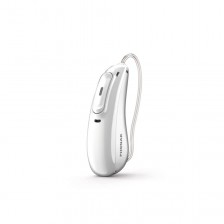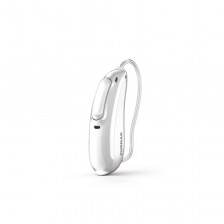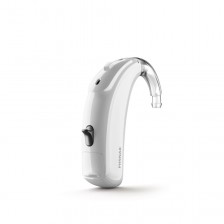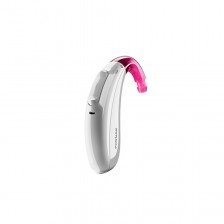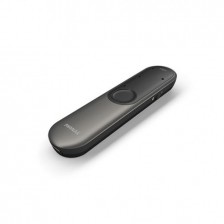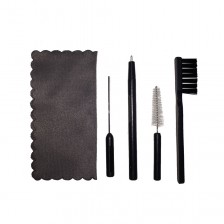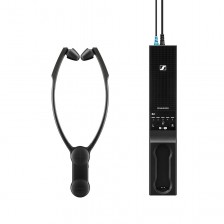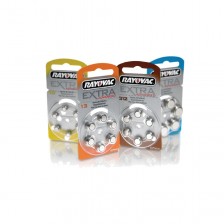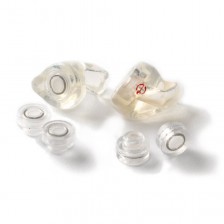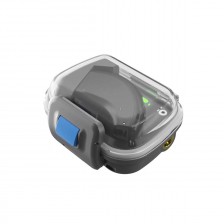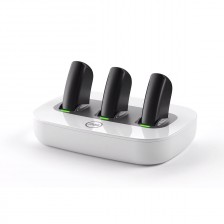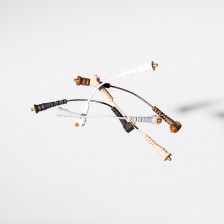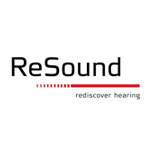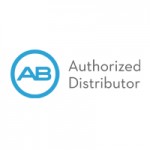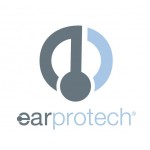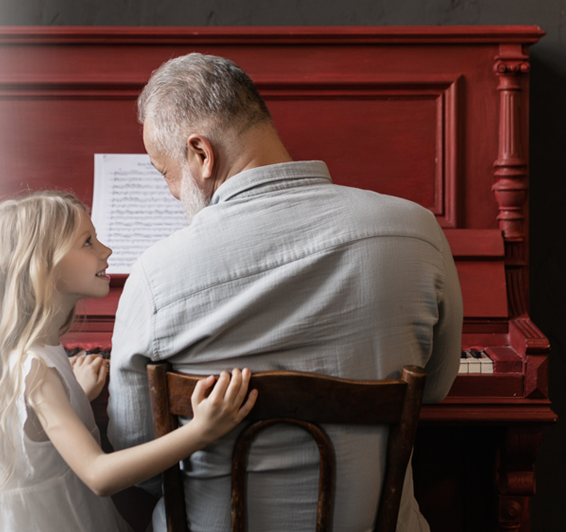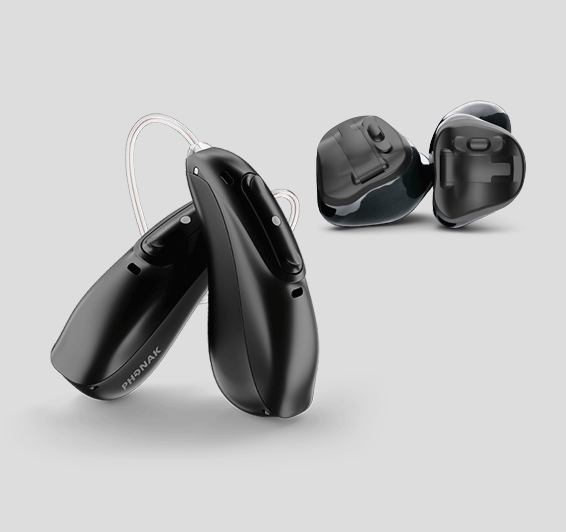My hearing aids are whistling, what should I do?

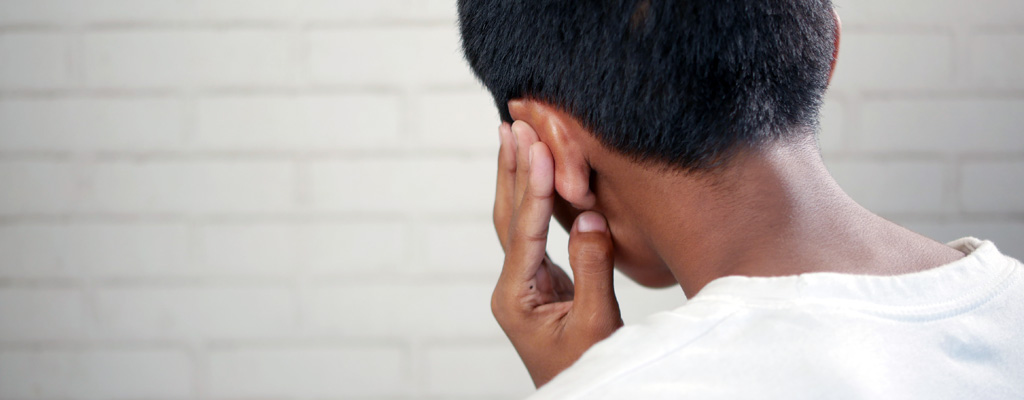
Hearing aids are an invaluable tool for people with hearing loss, but they can sometimes generate unwanted sounds, such as annoying hissing or whistling. Beeping can be caused by a number of factors and can be an annoying and even embarrassing problem. However, there are several things you can do to stop whistling your hearing aids and restore clear sound quality.
The first thing is to check the fit of the hearing aids
A bad fit can be one of the main causes of whistling. The earmold or acoustic coupler of the hearing aid should fit snugly in the ear canal without blocking it more than necessary. If the fit is not correct, the hearing aid may not be able to deliver the necessary gain correctly, which can cause whistling noise even though today's hearing aids already have very powerful anti-feedback systems to overcome this problem.
Adjust the volume
If the volume on your hearing aids is too high, it can cause whistling. Try lowering the volume and see if that helps reduce or eliminate the beeping. If so, go to your audiologist to solve the root problem.
Clean your hearing aids
Earwax and debris can build up on the earmold or acoustic coupler of your hearing aid, which can cause whistling noises. Clean your hearing aids regularly with a cloth moistened with the special spray for it or a brush, and avoid using cotton swabs or other objects that can push the wax further into the ear canal.
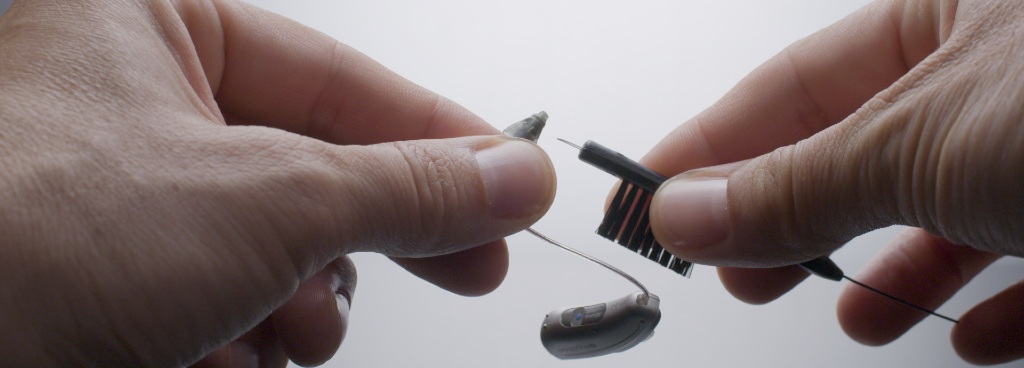
Check the tubing
If you have a behind-the-ear BTE hearing aid, check the tubing that connects the hearing aid to the earmold. If the tube is bent or twisted, it can cause beeping. Try straightening the tube to see if that resolves the issue. If so, go to your audiologist to solve the root problem.
Check for blockages
If the beeping persists after checking the setting and volume, check the earmold for blockages. Sometimes blockages can develop in the small sound passages, which can cause whistling. Try to gently blow into the ducts to remove any blockages. Always remember to separate the acoustic tube from the hearing aid itself beforehand.
Talk to your hearing healthcare professional
If you can't resolve the whistling on your own, it's a good idea to talk to your audiologist. They can check the fit of your hearing aids, adjust the settings, and diagnose any other issues that may be causing the whistling.
In conclusion, whistling hearing aids can be a frustrating problem, but are often due to a simple problem, such as a poor earmold or acoustic coupler fit, volume that is too high, or blockages. By checking the fit and volume, cleaning your hearing aids, and consulting a hearing healthcare professional, annoying whistling can be avoided and sound quality restored. First of all, if your hearing aid beeps it is not normal and you must solve it. Today's hearing aids should never whistle.
